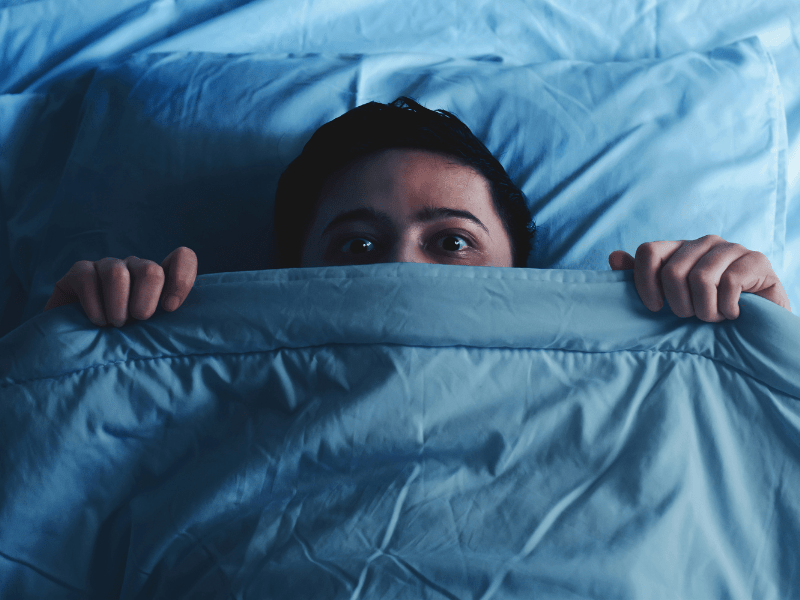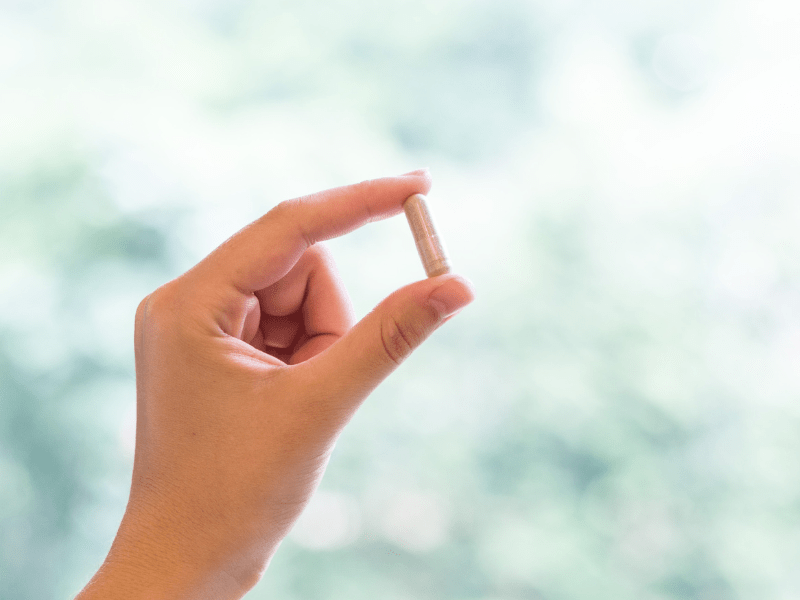Introduction
Ever awakened to a sore jaw or morning headache? You might be suffering from bruxism, an oral health condition affecting millions of people globally. This blog digs deep into the symptoms, causes, prevention and management strategies of bruxism.
Get ready - your journey towards better dental health and nightly rest starts here!
Understanding Bruxism
Bruxism is a dental condition marked by an involuntary clenching and grinding of the teeth. It affects millions of individuals globally, with an estimated 20 million people affected in the United States alone.
Characteristically, this disorder involves either awake bruxism or sleep bruxism; each varying in occurrence time and associated symptoms. Awake Bruxism typically happens during the day when you're conscious and may involve unconscious teeth clenching as a response to stress or anxiety.On the other hand, sleep Bruxism refers to nighttime grinding that usually accompanies chewing-like movements during slumber. Both variants can lead to considerable oral health issues if left unchecked—these extend beyond mere tooth wear to more serious conditions like TMJ disorders.
Stress remains one common cause of both forms of the disorder, but certain medications have also been linked to it. Understanding this disorder demands awareness about its causes, symptoms and repercussions on overall oral health.
Symptoms and Causes
Bruxism, or teeth grinding, can be accompanied by various symptoms and have different causes. It is important to understand these factors in order to identify and manage the condition effectively. Here are some common symptoms and causes of bruxism:
Symptoms:
- Teeth clenching and grinding: Individuals may involuntarily clench or grind their teeth during both awake and sleep states.
- Jaw clenching: Bruxism often involves tight or tense jaw muscles, leading to jaw pain or stiffness.
- Tooth wear: Excessive teeth grinding can cause tooth damage, such as chipping, flattening, or fracturing of the teeth.
- TMJ disorder: The constant pressure on the temporomandibular joint (TMJ) due to bruxism can result in TMJ disorder, leading to jaw pain and difficulty in opening or closing the mouth fully.
- Sleep disturbances: Bruxism can disrupt sleep patterns, resulting in poor quality sleep and daytime fatigue.
Causes:
- Stress-related habit: Bruxism is often associated with stress and anxiety. Individuals may unconsciously grind their teeth as a way to cope with these emotions.
- Sleep disorders: Certain sleep disorders, such as sleep apnea or snoring, can contribute to bruxism.
- Dental condition: Malocclusion (misalignment of the teeth), missing teeth, or an abnormal bite can increase the risk of developing bruxism.
- Medications: Some medications, particularly those used for psychiatric conditions like depression or anxiety, may have side effects that include bruxism.
Diagnosis and Treatment Options
Diagnosis and treatment options for bruxism vary depending upon the severity and root cause of the condition.
|
Diagnosis Method |
Treatment Option |
|---|---|
|
Dental Examination |
If a dental exam reveals evidence of bruxism, such as wear and tear on the teeth, treatment may involve wearing a mouth guard at night to protect the teeth from further damage. |
|
Sleep Study |
In cases of sleep bruxism where teeth grinding occurs during sleep, a sleep study may be recommended. Treatment often involves addressing any underlying sleep disorders and using a specially designed mouth guard. |
|
Stress Assessment |
As stress is a common cause of bruxism, assessing an individual’s stress levels can lead to a diagnosis. Treatments can include stress management techniques, such as therapy, relaxation exercises, or even medication in some cases. |
|
Medication Review |
Some medications can cause bruxism. If a medication review indicates this may be the case, the treatment may involve adjusting the medication under the guidance of a healthcare provider. |
Remember that every individual is unique and what works for one person may not work for another. The key is to work with a healthcare provider to find the most effective treatment plan for your specific condition.
Prevention and Management
To prevent and manage bruxism, there are several strategies you can implement. Here are some tips to help you combat teeth grinding and jaw clenching:
- Practice stress management techniques: Since stress is a common trigger for bruxism, it's important to find healthy ways to cope with stress. Try relaxation exercises such as deep breathing, meditation, or yoga. Engaging in hobbies or activities that you enjoy can also help reduce stress levels.
- Maintain good sleep hygiene: Improving your sleep habits can help manage bruxism, especially if it occurs during sleep. Establish a regular sleep schedule and create a relaxing bedtime routine. Ensure your sleeping environment is comfortable and conducive to restful sleep.
- Avoid stimulating substances: Certain substances like caffeine, tobacco, and alcohol can exacerbate teeth grinding and jaw clenching. Limit your consumption of these substances, especially in the evening hours.
- Wear a mouthguard: A custom-fitted mouthguard can help protect your teeth from damage caused by grinding and clenching during sleep. Talk to your dentist about getting a mouthguard that fits properly.
- Address any underlying dental issues: Dental problems such as misaligned teeth or an abnormal bite may contribute to bruxism. Consult with your dentist about potential treatments or interventions that could correct these issues.
Conclusion
In conclusion, bruxism, also known as teeth grinding or jaw clenching, is a common condition that affects millions of people worldwide. It can occur during both awake and sleep states and is often caused by stress or anxiety.
Identifying the symptoms early on and seeking appropriate treatment options can help prevent further oral health issues associated with bruxism. So, if you suspect you may be experiencing bruxism, don't hesitate to consult your dentist for proper diagnosis and management strategies.
FAQs
1. What is bruxism?
Bruxism is a condition characterized by the unconscious grinding, clenching, or gnashing of teeth, usually during sleep. It can also occur while awake and may be related to stress or anxiety.
2. What are the symptoms of bruxism?
Symptoms of bruxism include worn-down or flattened teeth, jaw pain or soreness, headaches, tooth sensitivity, facial muscle fatigue, and disrupted sleep patterns for both the individual with bruxism and their sleeping partner.
3. Can bruxism cause damage to my teeth?
Yes, prolonged and untreated bruxism can lead to various dental problems such as cracked or broken teeth, damaged fillings or crowns, loose teeth, receding gums, and even tooth loss if left untreated.
4. How is bruxism treated?
Treatment for bruxism typically involves wearing a custom-fitted mouthguard during sleep to protect the teeth from further damage caused by grinding or clenching. Additionally,
stress management techniques and relaxation exercises may be recommended to address underlying causes of stress-related bruxism
Bruxism may not be the only factor affecting your sleep—could your mattress also be to blame? iSense offers hybrid and foam mattresses with adjustable firmness settings on both sides of the bed. From soft to firm, iSense firmness settings offer consistent pressure relief from head to toe. If you've wondered why are headboards important, then check our article on the topic, and see if you should consider getting one. Try an iSense bed for up to 180 nights risk free.






















